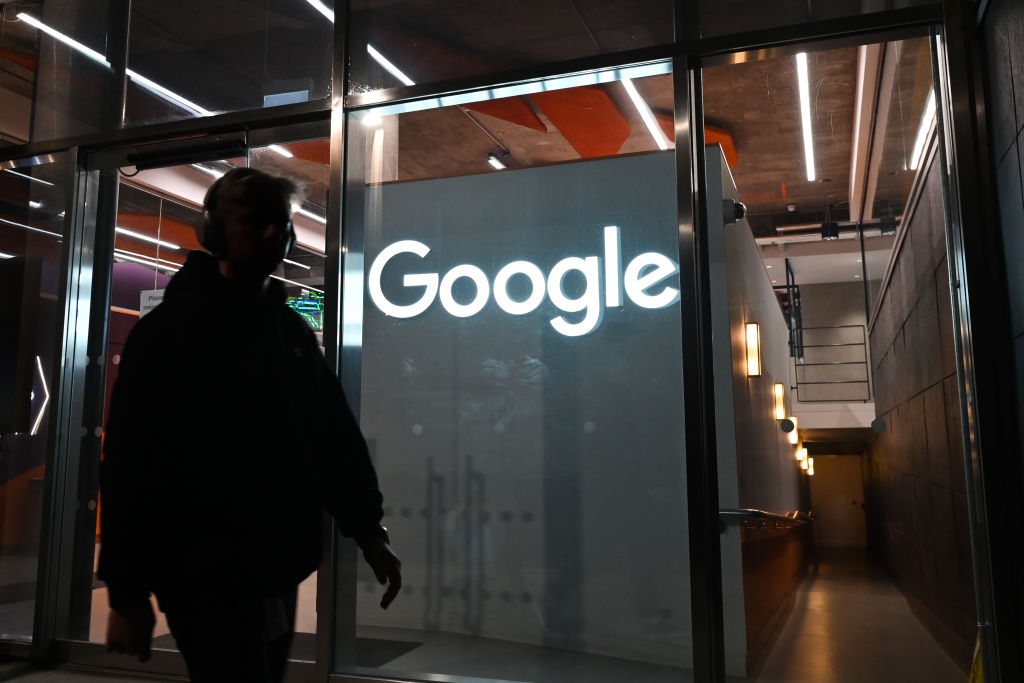The first antitrust judgment of the internet era has ruled that Google abused its monopoly position in two markets: search and online advertising.
By maintaining an illegal monopoly, Judge Amit Mehta concluded in a 286-page ruling, Google could raise prices at will and discourage potential challengers from emerging. For example, Apple had considered creating its own internet search engine, but Google’s payments to browser companies discouraged such ventures. Google paid $26 billion in 2021 alone to be the default search engine, the bulk of which went to Apple.
The decision may be a milestone for a second Gilded Age, in which giant technology companies, shielded from scrutiny, accrued vast wealth and flexed their political and cultural influence.
If so, then this was a success story created from regulatory neglect, not to mention policymakers’ utopian belief in technology. Within weeks of Barack Obama commencing his second presidential term in early 2013, US federal agencies had either dropped or settled their outstanding competition cases into Google — in some cases, we now know, against the wishes of their staff. Microsoft had been a noisy critic of Google with its “Scrolled” campaign — but that too was buried.
As a result, Google and Meta — which operates Facebook — could grow unhindered. In 2012 the quartet of Google, Facebook, Apple and Microsoft were worth $1 trillion; today, their combined value is $9 trillion. Over that period, the only challenger to emerge has been China’s ByteDance, which owns TikTok, and which US companies are keen to ban. If the judgment represents a crisis for the political and policy intelligentsia, it’s even more of a blow for the classical liberal economic class.
Today, two-thirds of all online advertising spending is taken up by Google and Facebook, with the two giants matching buyers and sellers. In the words of scholar Dina Srinivasan, they “operate the largest unregulated exchanges in the world”. Without competition, a middleman is able to drive up prices, which Judge Mehti noted was significant in his ruling. In essence, private organisations usurped the role of the open marketplace, controlling both supply and demand — something that Soviet planners could only dream of doing.
What’s more, there is suggestion of collusion between the two key players, which upcoming antitrust cases will examine. Apple currently keeps 36% of the search revenue from iPhone traffic, according to the trial, in an arrangement designed to keep everyone happy. Yet the classical liberal think tanks abandoned their historic role defending markets, and instead went out to bat for the big new monopolies. Challenging them has required a bipartisan consensus: the Google case was started by Donald Trump’s former attorney general Bill Barr. Republicans, and not just populists, have a visceral belief in markets and this proved decisive.
Publishers are the primary injured party of the second Gilded Age, and small businesses are particularly vulnerable, lacking the funds to raise their profile through traditional offline means. Without Google or Facebook, they are invisible. In 2019 the Competition and Markets Authority estimated the UK paid £200 more than it needed to per household each year in this invisible tax, a figure which has since doubled.
Nominally “free-market” think tanks have been happy to look the other way, and many swung their lobbying muscle behind the tech monopolies despite competition and consumer concerns. As Matt Stoller notes, the Google decision is not an outlier: rather, it is part of a broader backlash against greedy and complacent big business. In the battle for competition regulation, it appears that neoliberal wonkdom has lost.











Join the discussion
Join like minded readers that support our journalism by becoming a paid subscriber
To join the discussion in the comments, become a paid subscriber.
Join like minded readers that support our journalism, read unlimited articles and enjoy other subscriber-only benefits.
Subscribe